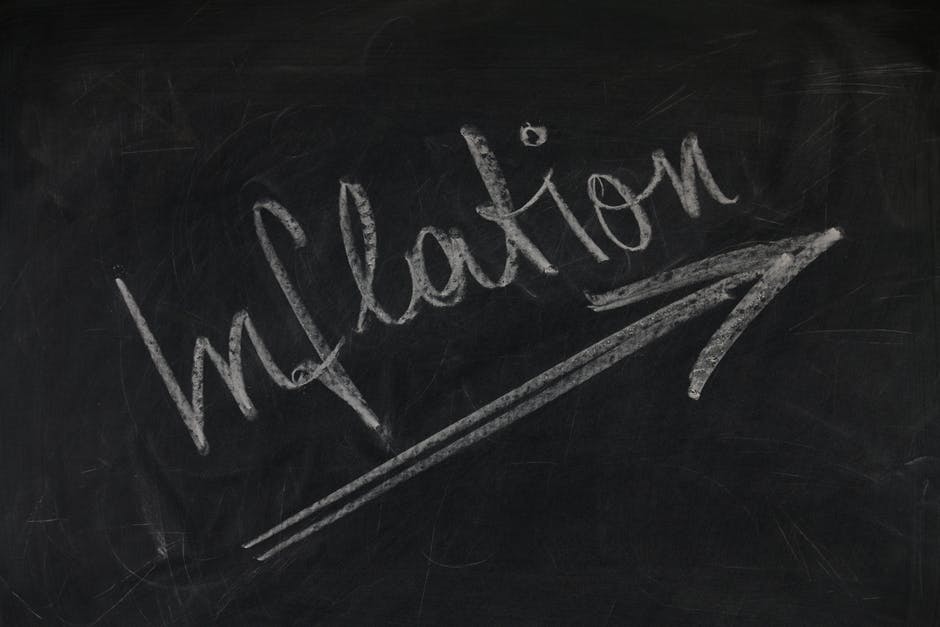
403
Sorry!!
Error! We're sorry, but the page you were looking for doesn't exist.
GASTAT: annual inflation rate in Saudi Arabia surges to 1.5 percent
(MENAFN) Saudi Arabia's annual inflation rate reached 1.5 percent in June compared to the same month last year, with rising housing costs being the main driver, according to recent data. The General Authority for Statistics reported that a significant 8.4 percent increase in the prices of housing, water, electricity, gas, and other fuels played a crucial role in this inflation rate.
Particularly noteworthy was the rise in actual housing rents, which saw a substantial increase of 10.1 percent, while villa rentals climbed by 7.9 percent. The considerable weight of these categories in the overall inflation index significantly impacted the overall rate. Despite these domestic pressures, Saudi Arabia's inflation rate remains relatively moderate when compared to other Gulf Cooperation Council (GCC) countries, which have been experiencing varying inflationary challenges influenced by different economic policies and market dynamics.
In addition to housing costs, the GASTAT report highlighted a 1.1 percent rise in food and beverage prices, driven largely by a 6.5 percent increase in vegetable prices. The restaurant and hotel sectors also experienced a 2.4 percent uptick, fueled by a 9.8 percent increase in accommodation services. Furthermore, the education sector saw a 1.1 percent rise, primarily due to a 4.1 percent increase in fees for intermediate and secondary education. Conversely, prices in the furnishing and home equipment category decreased by 3.7 percent, influenced by a 6.0 percent decline in prices for furniture, carpets, and flooring.
Particularly noteworthy was the rise in actual housing rents, which saw a substantial increase of 10.1 percent, while villa rentals climbed by 7.9 percent. The considerable weight of these categories in the overall inflation index significantly impacted the overall rate. Despite these domestic pressures, Saudi Arabia's inflation rate remains relatively moderate when compared to other Gulf Cooperation Council (GCC) countries, which have been experiencing varying inflationary challenges influenced by different economic policies and market dynamics.
In addition to housing costs, the GASTAT report highlighted a 1.1 percent rise in food and beverage prices, driven largely by a 6.5 percent increase in vegetable prices. The restaurant and hotel sectors also experienced a 2.4 percent uptick, fueled by a 9.8 percent increase in accommodation services. Furthermore, the education sector saw a 1.1 percent rise, primarily due to a 4.1 percent increase in fees for intermediate and secondary education. Conversely, prices in the furnishing and home equipment category decreased by 3.7 percent, influenced by a 6.0 percent decline in prices for furniture, carpets, and flooring.

Legal Disclaimer:
MENAFN provides the
information “as is” without warranty of any kind. We do not accept
any responsibility or liability for the accuracy, content, images,
videos, licenses, completeness, legality, or reliability of the information
contained in this article. If you have any complaints or copyright
issues related to this article, kindly contact the provider above.


















Comments
No comment